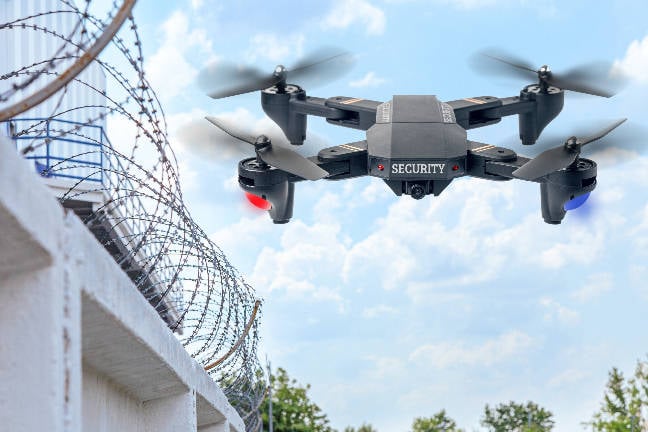The UK’s Ministry of Defence (MoD) is doubling down on its endorsement of esports by tasking the British Esports Federation to establish a new tournament to upskill existing servicepeople in the digital skirmishes.
After officially recognizing esports as a military sport last year, the MoD believes it can improve cyber understanding and digital literacy through video games, which are played across the armed forces already.
The Royal Navy, for example, installed an esports facility aboard the HMS Prince of Wales aircraft carrier earlier this month, and similarly to how football and rugby are used to build teamwork, “serious video games” are regarded as effective ways to prepare for “21st century challenges.”
“Esports and serious games can contribute to our warfighting readiness,” said Lieutenant General Sir Tom Copinger-Symes KCB CBE, Deputy Commander UK Strategic Command – a key figure in the MoD’s adoption of esports.
“As competition and conflict increasingly play out in cyberspace and the digital arena, these games equip our people to think, operate, and innovate across both the physical and virtual worlds, developing team coordination and rapid decision-making under pressure.
“We’ve learned from our Ukrainian partners about how esports can train drone operators and cybersecurity specialists. People are quickly grasping how esports can change perspectives and enhance skills, as well as reaching across borders with our international allies and partners.”
Here, Sir Copinger-Symes is referring to the Ukrainian military developing bespoke drone simulator games, and other initiatives, which he and the MoD say have helped improve drone pilots’ hand-eye coordination and cybersecurity specialists respectively.
One Ukrainian commanding officer in charge of military drone training told Le Monde that he had played video games since his teens, and still games long into the night.
Drone usage has become ever prominent in the Russia-Ukraine conflict, with the latter supplementing its comparatively smaller pool of servicepeople with drones, of which around 10,000 are used every day.
Gamers are thought to make the best drone pilots and within the secretive camps around the country, recruiting and training new pilots daily, one instructor told the French newspaper: “Drones are the new Kalashnikovs. And gamers’ fingers are inevitably better than fingers used to tightening bolts.”
Trainees at these camps are, in some cases, as young as ten years old, who attend with their parents’ permission, although Ukrainian children aren’t undertaking active duty.
The same can’t be said for children in Russia, however. According to Russian news outlet the Insider (via the Guardian), Putin’s army is increasingly involving teens in the modelling of components used for battlefield drones.
These young people are recruited based on their performance in the video game Berloga, which sees bears fending off swarms of bees, sometimes using drones.
Berloga is played by schoolchildren across the country, which has increasingly folded military education into the national curriculum since it started the Ukraine war, and success can even lead to extra credit toward end-of-year exams.
The best performers are then recruited by Russian military companies and tasked with developing drone components in secret, the Insider revealed.
Military shortage of cyber skills
The esports route is just one of many initiatives the MoD is pushing to improve servicepeople’s expertise in cybersecurity, of which there is a dearth within its ranks.
- Ukrainian hackers claim to have destroyed major Russian drone maker’s entire network
- Ex-NATO hacker: ‘In the cyber world, there’s no such thing as a ceasefire’
- UK CyberEM Command to spearhead new era of armed conflict
- Ukraine war spurred infosec vet Mikko Hyppönen to pivot to drones
- The UK wants you to sign up for £1B cyber defense force
- Why is China deep in US networks? ‘They’re preparing for war,’ HR McMaster tells lawmakers
It announced earlier this year that it was fast-tracking budding cyber specialists with GCSEs into roles by condensing basic training from ten weeks to one month before beginning a three-month cybersecurity course.
The first MoD esports tournament, the International Defence Esports Games, will take place in late 2026 and is being organized by British Esports and “a leading esports production company.” ®
